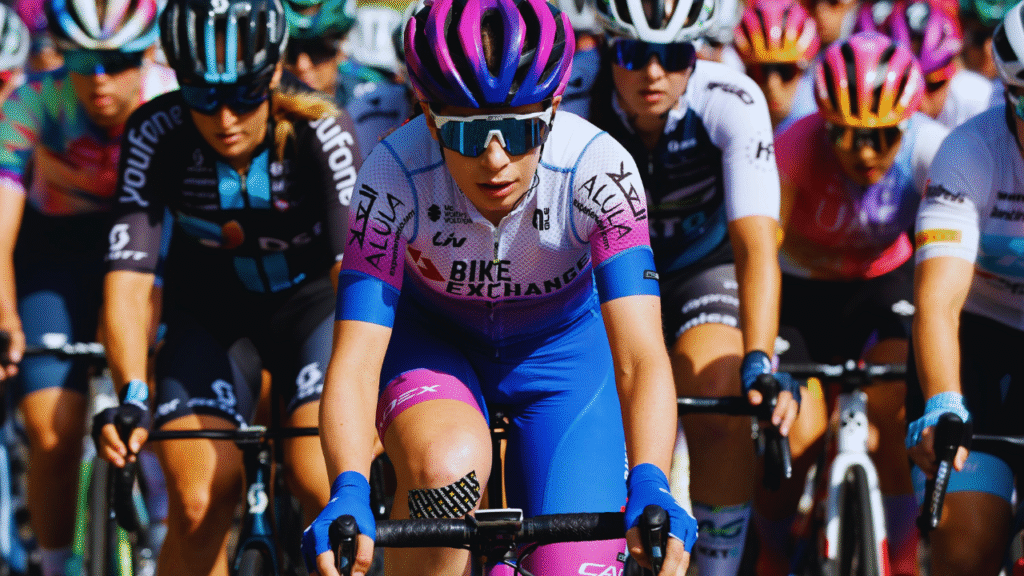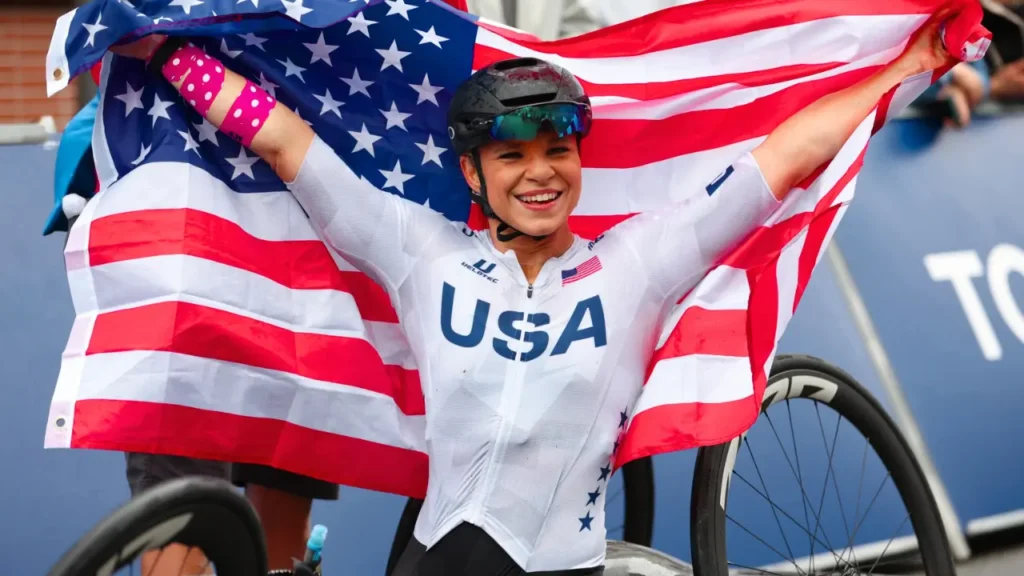USA Cycling Bans Trans Women from Female Category: A Major Turning Point
USA Cycling will implement a broad new eligibility policy: trans women will be prohibited from racing in the women’s division at national events as of September 15, 2025. According to this policy, eligibility for female races will be limited to individuals assigned female at birth, with transgender women being asked to compete in men’s or open divisions instead.
This shift is a radical departure in American cycling policy, one that supplants previous inclusion rules with a rigid birth-based classification system. The move has been both hailed and criticized, reframing the debate about fairness, inclusiveness, and identity in sport.
The New Policy Explained
Under the revised rules, women’s competitions only account for sex assigned at birth. Transgender women, irrespective of medical transition, hormone levels, or legal gender recognition, cannot compete in the female category.
The process of establishing eligibility will occur at the membership or registration phase. Cyclists are required to affirm that they were assigned female at birth, and USA Cycling retains the option of confirming this information by means of official documentation. In the event of doubts, the organization can conduct further examination.
The policy is in effect for all national-level events, including national championships and international representation team selections. Meanwhile, the open, or men’s, category is still accessible to all athletes, independent of gender identity.
USA Cycling also has stated that it could amend or change this policy at any given time and has highlighted confidentiality safeguards for athletes’ personal information submitted.
Why the Change Now?
This move is closely tied to recent federal directives. Earlier in 2025, a government executive order known as the “Keeping Men Out of Women’s Sports” mandate was introduced. This order, alongside the Ted Stevens Olympic and Amateur Sports Act, requires sports organizations under U.S. Olympic and Paralympic oversight to define competition categories strictly by sex assigned at birth.
USA Cycling, as with all national governing bodies, was under considerable pressure to comply or face penalties in the form of loss of recognition and funding. The decision is not simply an issue of internal policy—it is an aspect of national enforcement of sex-based rules of competition.
A Departure from Previous Standards
The new regulations represent a clear departure from previous policies. Female categories were previously permitted to be participated in by transgender women if hormone-based criteria were adhered to by them.
In 2023, the international cycling federation (UCI) banned transgender women who have gone through male puberty from competing in elite women’s events. In 2024, a tiered system was adopted by USA Cycling, restricting elites but allowing grassroots flexibility.
The new 2025 policy puts an end to that. Hormone levels, gender identity, or transition years no longer count.
Controversies and Catalysts
A number of high-profile events probably contributed to this change. One of the best-known occurred in 2024 at the Masters National Championships, where trans cyclist Kate Phillips won a women’s race in her age category. Some of her competitors complained, and a few who had placed beneath her refused to take the podium for prizes, claiming that transgender women enjoyed unfair advantages.
Such incidents stoked controversy among the cycling community and the wider world, fueling demands for USA Cycling to enact better and stricter regulations. For those who welcomed the new policy, such incidents served to emphasize what they perceived as inequalities in competition. For those who did not support it, they served to illustrate how transgender competitors experience discriminatory attention and aggression.
Responses Throughout the Community
Cycling is intensely polarized regarding this move.
They say the new regulations bring fairness by guaranteeing women’s categories are reserved only for those born female. They say this safeguards women’s chances and maintains the purity of competition. To them, the policy brings certainty and consistency following decades of ambiguity.
Critics, though, call the policy exclusionary and injurious. Trans women athletes and their supporters contend this takes away at competitive opportunities and compels trans women into categories that fail to fit their identity. For some, being informed they must compete in the men’s or open division is not an equitable or meaningful option.
A few competitors and race directors have already tried having extra divisions, e.g., non-binary or open divisions, to uphold inclusivity. These are not, however, honored at the national championship level, which restricts their usage.

Broader Implications for Sports
USA Cycling’s move mirrors a broader trend in U.S. sports. Other sports’ governing bodies, such as swimming, fencing, and college athletics, have joined USA Cycling in heading toward more rigid birth-based qualification standards. As federal requirements push compliance, the movement seems to be gaining speed.
For transgender athletes, this translates into fewer chances to compete in their gender designation category. Numerous advocates worry that this will result in lower participation, higher marginalization, and enhanced cultural polarization about transgender rights in athletics.
There are also potential legal issues. Excluding athletes on the basis of birth-assigned sex has been challenged as inconsistent with civil rights safeguards in some states. Others fear chilling the sense of openness to different participants at lower-level participation in the sport, where cycling has long attempted to be inclusive.
The Balance Between Fairness and Inclusion
Behind all the debate is a difficult question: how can sports balance fairness and inclusion?
Adherents to sex-based policy argue that physiological distinctions need to be upheld if female competition is to maintain its integrity. Opponents argue categorical exclusions ignore transition realities, hormone treatment, and the obligation to recognize and respect all athletes equally.
Cycling, as with most sports, finds itself at the crossroads of these conflicting values. The September 15 policy does not settle the issue—it magnifies it. USA Cycling has taken a clear course of action, but the question is how athletes, promoters, and the community will adjust.
Final Thoughts
USA Cycling’s ban of transgender women from women’s categories is one of the most significant policy changes in American cycling history. By tying eligibility to sex at birth, the group asserts its definition of fairness, aligning with federal rules and trends.
But clarity is not free. Transgender women lose out in the new regime on the female competition they have prepared for and identified with. The sport as a whole has raised issues of belonging, opportunity, and the future for inclusivity.
As September 15 looms, the cycling worldn and the broader athletics community will be paying close attention. The outcome reflects society’s ongoing effort to reconcile fairness, science, identity, and human dignity in competitive sports.











